General Resources
Copyright on all materials on this site is retained by the authors. You are granted a limited license to reproduce these resources for classroom use, provided the copyright notices are not removed. Charging a fee for these resources, or distributing them in any way outside your classroom, is prohibited.
Vocabulary
Word Puzzle Booklet
Science has a lot of specialized vocabulary. Some students like word puzzles, so I made a booklet of crossword puzzles and word search puzzles for them. The clues are the definitions from the Nelson Physics 12 textbook. Every chapter has both a crossword puzzle and a word search puzzle, and so does every unit. Answers are given at the back.
The booklet is designed to be printed double-sided, which puts the clues on the left page and the puzzle on the right page.
The booklet is designed to be printed double-sided, which puts the clues on the left page and the puzzle on the right page.
General Skills
Physics Haiku
Physics is a very mathematical science. Yet paradoxically, physicists are often very poetical people. Poets, after all, distill the most meaning into the fewest words.
In this assignment students write five haiku (or limericks) abut a physic topic. I find it useful as a fun review activity.
In this assignment students write five haiku (or limericks) abut a physic topic. I find it useful as a fun review activity.
The Nature of Science
In Our Time: The Scientific Method
In Our Time is a wonderful series on BBC Radio 4.
Melvyn Bragg and his guests discuss the evolution of the Scientific Method, the systematic and analytical approach to scientific thought.
The scientific method, and the logical processes on which it is based, became a topic of intense debate in the seventeenth century, and thinkers including Isaac Newton, Thomas Huxley and Karl Popper all made important contributions. Some of the greatest discoveries of the modern age were informed by their work, although even today the term 'scientific method' remains difficult to define.
Melvyn Bragg and his guests discuss the evolution of the Scientific Method, the systematic and analytical approach to scientific thought.
The scientific method, and the logical processes on which it is based, became a topic of intense debate in the seventeenth century, and thinkers including Isaac Newton, Thomas Huxley and Karl Popper all made important contributions. Some of the greatest discoveries of the modern age were informed by their work, although even today the term 'scientific method' remains difficult to define.
In Our Time: The Scientist
In Our Time is a wonderful series on BBC Radio 4.
Melvyn Bragg and guests discuss the origin of the concept and historical role of the scientist. The word "science" first appeared in the English language in 1340 and ever since its meaning has been in a state of flux. The notion of "the scientist" has had a similarly evolving history. For some, "the scientist" does not truly appear until after the Renaissance, others put its emergence much later than that.
Melvyn Bragg and guests discuss the origin of the concept and historical role of the scientist. The word "science" first appeared in the English language in 1340 and ever since its meaning has been in a state of flux. The notion of "the scientist" has had a similarly evolving history. For some, "the scientist" does not truly appear until after the Renaissance, others put its emergence much later than that.
In Our Time: Science’s Revelations
In Our Time is a wonderful series on BBC Radio 4.
Melvyn Bragg and guests discuss whether the mass of scientific understanding and knowledge we have accumulated has destroyed our sense of poetic wonder at the world. Has our sense of awe at how the world works obscured our desire to know why it works the way it does?
With Richard Dawkins evolutionary biologist, reader in Zoology and Fellow of New College, Oxford, Charles Simonyi Chair of Public Understanding of Science, Oxford University and author of Unweaving The Rainbow: Science, Delusion and The Appetite For Wonder; Ian McEwan, novelist, and author of the Booker prize winning novel Amsterdam.
Melvyn Bragg and guests discuss whether the mass of scientific understanding and knowledge we have accumulated has destroyed our sense of poetic wonder at the world. Has our sense of awe at how the world works obscured our desire to know why it works the way it does?
With Richard Dawkins evolutionary biologist, reader in Zoology and Fellow of New College, Oxford, Charles Simonyi Chair of Public Understanding of Science, Oxford University and author of Unweaving The Rainbow: Science, Delusion and The Appetite For Wonder; Ian McEwan, novelist, and author of the Booker prize winning novel Amsterdam.
In Our Time: Science in the 20th century
In Our Time is a wonderful series on BBC Radio 4.
Melvyn Bragg and guests discuss how perceptions of science and the power of science have changed in the 20th century. Does scientific endeavour increasingly concern itself with doubt rather than certainty, and is it coming any closer to integrating with other disciplines - philosophy or the social sciences? How much does the scientific explanation of the world owe to a wish for coherent understanding we all have, rather than objective observation, and why are we alternately disapproving of, then obsessively over-enthusiastic about new scientific theories? How far has specialisation in the sciences obscured our view of the world in its entirety, and if scientists want to operate within a social framework, can they do so and still claim to be objective and value-free in their findings?
Melvyn Bragg and guests discuss how perceptions of science and the power of science have changed in the 20th century. Does scientific endeavour increasingly concern itself with doubt rather than certainty, and is it coming any closer to integrating with other disciplines - philosophy or the social sciences? How much does the scientific explanation of the world owe to a wish for coherent understanding we all have, rather than objective observation, and why are we alternately disapproving of, then obsessively over-enthusiastic about new scientific theories? How far has specialisation in the sciences obscured our view of the world in its entirety, and if scientists want to operate within a social framework, can they do so and still claim to be objective and value-free in their findings?
In Our Time: Laws of Nature
In Our Time is a wonderful series on BBC Radio 4.
Melvyn Bragg and guests discuss the Laws of Nature. Since ancient times philosophers and physicists have tried to discover simple underlying principles that control the Universe: In the 6th Century BC Thales declared “Everything is water”, centuries later Aristotle claimed that all of creation was forged from four elements, Newton more successfully laid down the Law of Universal Gravitation and as we speak, contemporary scientists are struggling to complete the task of ‘String Theory’ - the quest to find a single over-arching equation that unites all of physics, and can perhaps explain the organisation of everything in existence.
But are the Laws of Physics really ‘facts of life’? Is what is true in physics, true in all areas of existence? Is it even true in other areas of physics?
Melvyn Bragg and guests discuss the Laws of Nature. Since ancient times philosophers and physicists have tried to discover simple underlying principles that control the Universe: In the 6th Century BC Thales declared “Everything is water”, centuries later Aristotle claimed that all of creation was forged from four elements, Newton more successfully laid down the Law of Universal Gravitation and as we speak, contemporary scientists are struggling to complete the task of ‘String Theory’ - the quest to find a single over-arching equation that unites all of physics, and can perhaps explain the organisation of everything in existence.
But are the Laws of Physics really ‘facts of life’? Is what is true in physics, true in all areas of existence? Is it even true in other areas of physics?
In Our Time: Baconian Science
In Our Time is a wonderful series on BBC Radio 4.
Patricia Fara, Stephen Pumfrey and Rhodri Lewis join Melvyn Bragg to discuss the Jacobean lawyer, political fixer and alleged founder of modern science Francis Bacon.
Francis Bacon was a lawyer and political schemer who climbed the greasy pole of Jacobean politics and then fell down it again. But he is most famous for developing an idea of how science should be done - a method that he hoped would slough off the husk of ancient thinking and usher in a new age. It is called Baconian Method and it has influenced and inspired scientists from Bacon's own time to the present day.
Patricia Fara, Stephen Pumfrey and Rhodri Lewis join Melvyn Bragg to discuss the Jacobean lawyer, political fixer and alleged founder of modern science Francis Bacon.
Francis Bacon was a lawyer and political schemer who climbed the greasy pole of Jacobean politics and then fell down it again. But he is most famous for developing an idea of how science should be done - a method that he hoped would slough off the husk of ancient thinking and usher in a new age. It is called Baconian Method and it has influenced and inspired scientists from Bacon's own time to the present day.

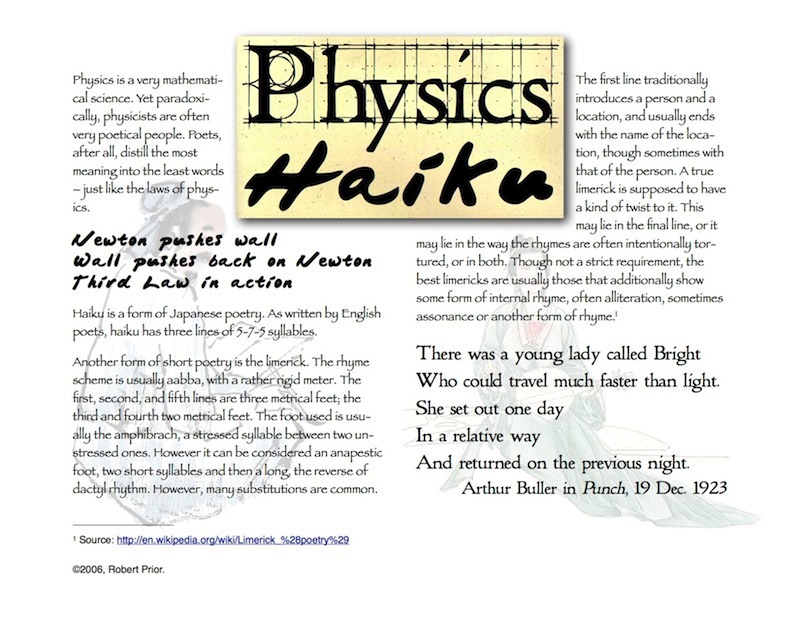
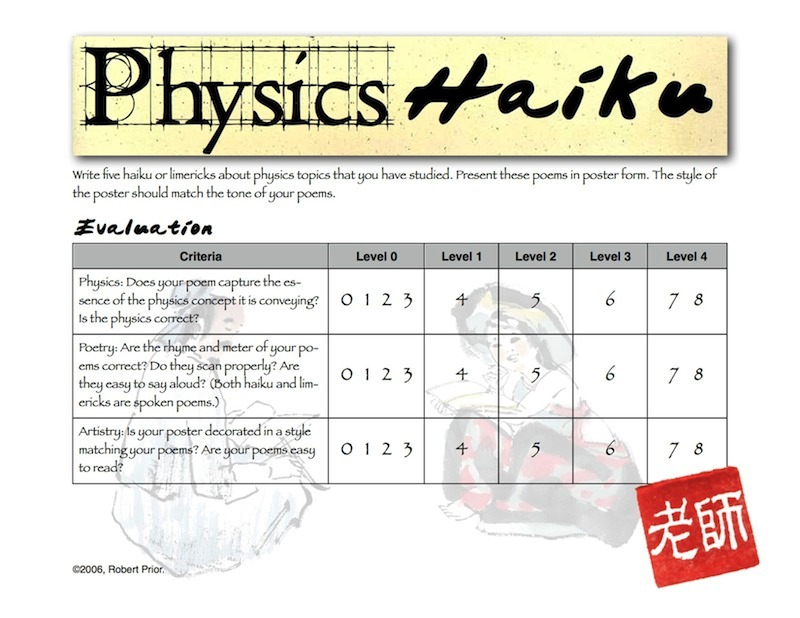


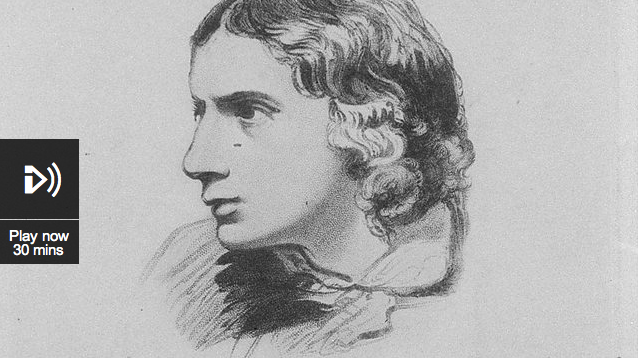
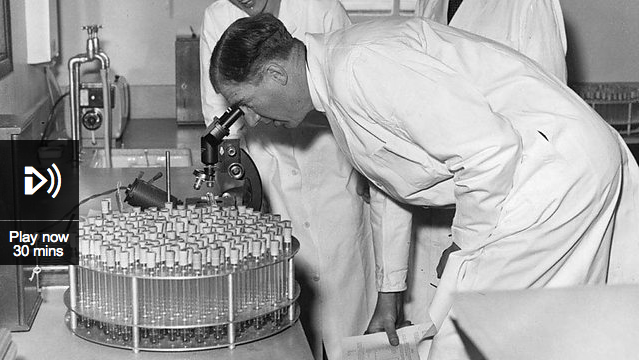
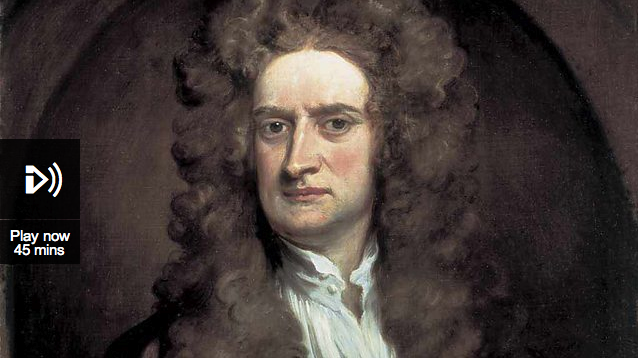
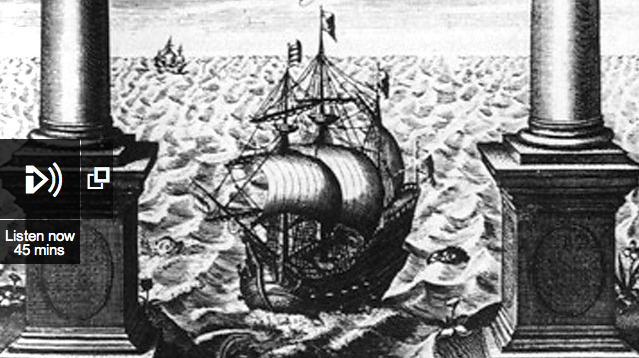
Teaching Science